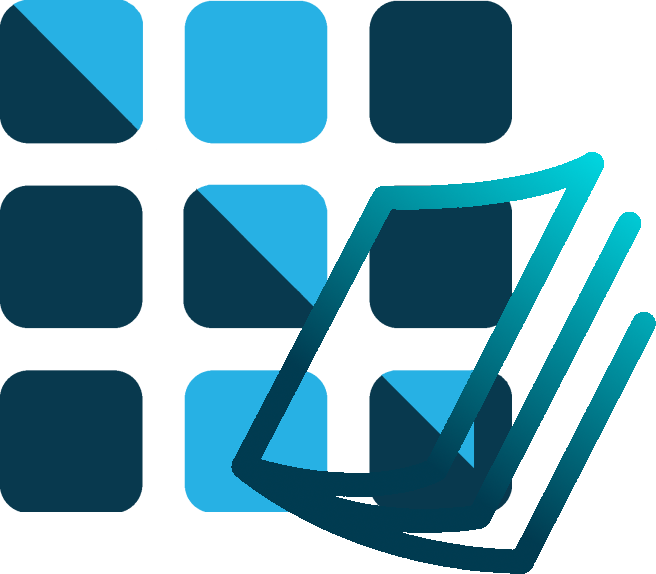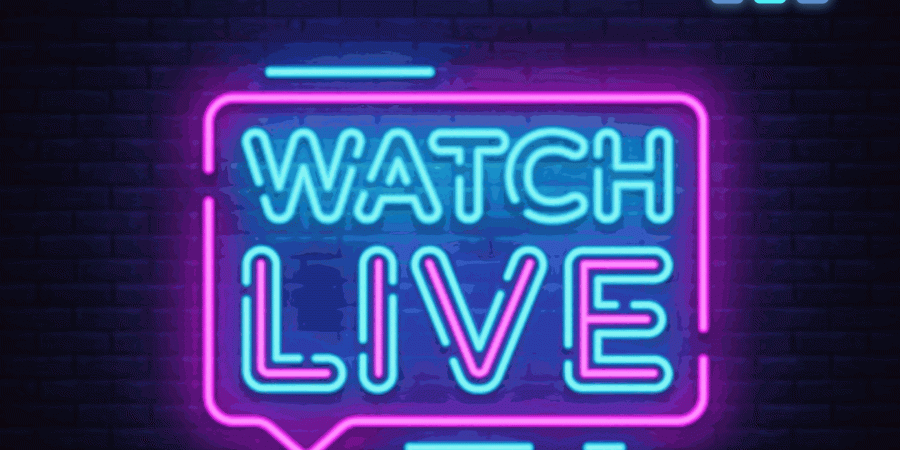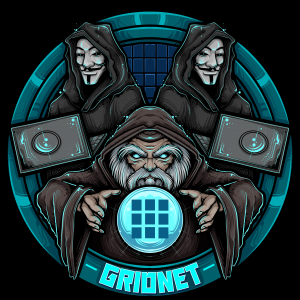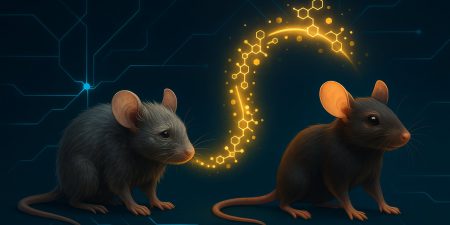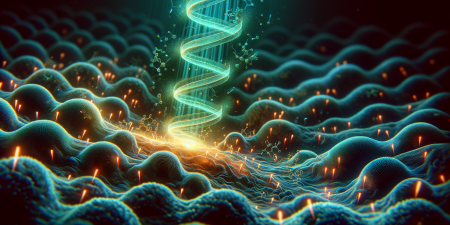You may listen to the podcast below:
Ok, I’ve made it. Consider this report a brief one, straight from the development battlegrounds indeed, with bullets flying all around! Still, we want you to be updated in a consistent, condensed manner so, for a minute or two straight from the front-lines here it comes.
All we do is being described on Twitter on a daily / hourly basis. Still, if you are like me and do not have time (due to reasons you may hear in the background) to read through all those short messages that’s the reason for this podcast. Additionally, we’ve been constantly updating the white paper itself, to better describe progress and overall rationale in a more condensed manner.
So, If I were to say, in one phrase, what would best describe what we’ve been working on recently – it’s the incentivized data storage and – data exchange.
Recall that in traditional blockchain systems like Ethereum, there’s no incentive for anyone to exchange data and data is stored at full redundancy at all nodes maintaining the network.
Doesn’t sound fun at all does it? If you think of it, that’s probably one of the reasons why you haven’t been using Ethereum to store your data-files and movies. It would be very expensive and inefficient to do so, indeed. Besides you’ve got private, sensitive data and who would want to store your 1GB encrypted file? Here we came with rescue.
We want you to be able to store your 1GB or lots larger data-file within the system.In fact we want you to be able to store your 4K or 8K video clips. We want to incentivize both storage and data exchange.
To make it possible, we’ll be enabling for two integrated types of storage. The first – we have codenamed The Eternal Storage. You might think of it as the Ethereum’s storage evolved.. like evolved by a lot. With full support for files and nested folders. In short, the type of thing you know from a typical operating system you’re using. You’ll be able to drag-and-drop files from your local operating system and that’s it.
Recently some of the biggest additions to GRIDNET-OS included improvements to the decentralized file-system. In short, we’ve improved upon the file-privilege mechanics to allow for privilege assignment and provisioning reassemble the one seen in Linux or modern Windows-Server family of operating systems.
That’s right. You’ll be able to assign the read ,write and execution privileges to particular users. Did I say execution rights? True that is. We’ll be bringing decentralized environments to a whole new level with the ability of setting *and* of changing access rights to particular values, files and and smart-contracts on demand. Smart contracts? Well, indeed in case of our Project probably it is for the first time in the #crypto scene when smart-contracts seem like a thing of the past and now can truly bear the name of decentralized applications ~~also graphical ones!
So yeah; putting it plainly you’ll be able to share your account, the cryptocurrency on it with your family friends, or specify who will be allowed to execute a particular decentralized application on your account.
One of the crazy-cool things that we’ve allowed for is for the privilege query and assignment commands to reassemble in syntax those known on Linux. Yes, we’ve been actually and literally browsing man-pages of Linux setfacl and getfacl commands to make them compatible on GRIDNET-OS.
You can watch these in action below. And remember all you see is GRIDNET-OS not Linux 😉
Now, let me tell you something about the second storage-sub-system which is based on Torrent. In fact it will be fully backwards compatible with the Torrent network. It’s just that if one of the popular torrent clients enables the GRIDNET-OS extension, their users will be incentivized with GRIDNET-OS intrinsic crypto-currency for each and every byte of transmitted data. Now that sounds like a revolution, does it not?
Hold on, we’ve got more.
All the just described changes (but for the new access-rights mechanics) have been pretty well described in the white paper so if you are after a more detailed description feel free to head over there. One thing worth underlying is that both of these storage subsystems will be fully integrated and available from a single file-manager UI dApp with files from both seen in a single folder. When accessing a file , the fact of whether the file comes from eternal or crowd funded storage will be transparent to the user.
Like always, we’re after the end-user experience. When you list directories’ content from a command line you’ll be seeing files from both of the storage-subsystems. When dragging files from your local Windows, MAC-OS or Android operating system you’ve been asked which one you want to use.
Alright alright, If you’ve been keeping an eye on us for some time you know we do not like to stop. So; what does all this lead to? What’s the ultimate application? Well.. To things like an entirely decentralized YouTube’s counterpart available as an UI dApp straight from the GRIDNET-OS meaning straight from a web-browser.
That is right.
In contrast with projects such as Dlive, here peers will be rewarded for each and every byte they help to deliver. No need to rely on watchers feeling generous to like your video. Here, if somebody is watching, he’s either paying for every second of the video or he’s cut off.
Automatically.
Users will be paid more for popular content since that content gets more views. If you watch videos, the parts, seconds, minutes you’ve watched are already being streamed to others, meaning this time you’re receiving cryptocurrency. If you’ve just watched a couple of clips, you might leave your browser window open to earn additional cryptocurrency while the browser delivers video fragments to others.
All the changes which we’ve made during the past month probably deserve reports of their own. There are A LOT of technicalities and problems with solutions to which we’ve been coming up with on a daily basis. Like recently the Multi-Dimensional Token-Pools and the way the mobile app will be interacting with the browser to provide a most convenient user-experience. Some of these already found their way into the white paper, some will make it there pretty soon.
Let us wage a war on centralized services and let us keep fighting together. There is no time to waste! Towards Freedom and Decentralization! Keep an eye on us, we’ll be bringing you most of it even before the ICO starts. No false promises.
